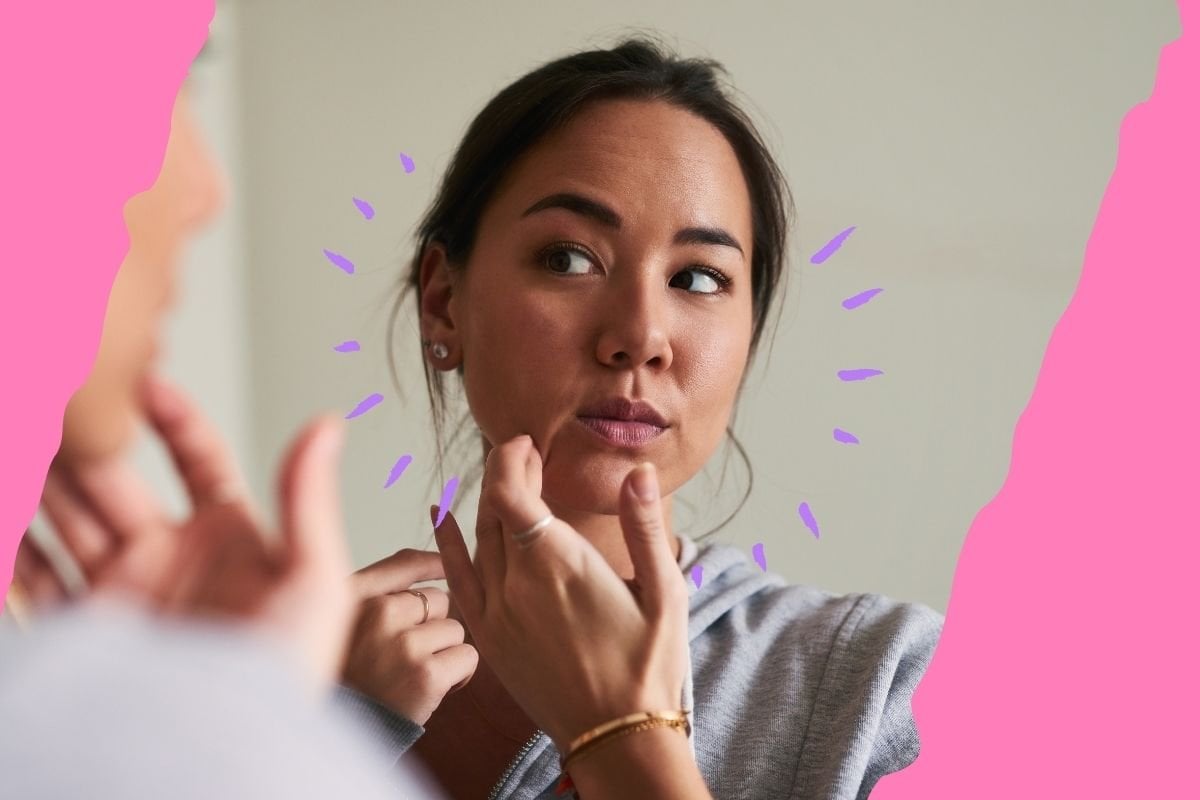

Look, many of us have a rough idea of what goes down when you go through menopause (hot flushes/mood swings/other inaccurate stuff we see in movies), but if you're in your 30s, it's probably something you don't have to worry about for a while. Right?
Fun fact: That's not entirely true.
Watch: Here are seven ways to improve your skin while sleeping. Post continues below.
While perimenopause is a thing that can happen two to five years before menopause, you can start experiencing some pretty crazy changes way before that - specifically those that affect your skin.
And it's all thanks to one sneaky little hormone: oestrogen.
Even fun-er fact: Your oestrogen levels will typically start to drop when you're around 30 years old and they take another hit when you're 35.
Meaning? 'Menopause skin' doesn't just affect women over 40. Your skin can start showing the ageing effects of menopause way before then.
Did you know this? We didn't!
Top Comments